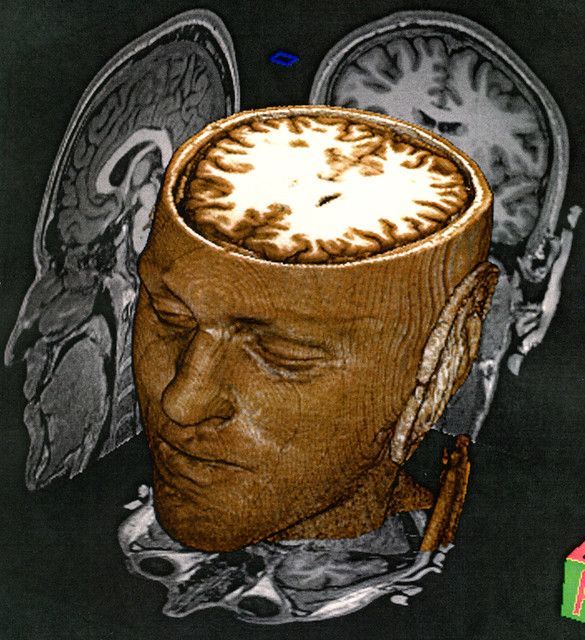Why choose a job in Radiology?
Nathan Smith • March 8, 2023
Radiology: The industry with the most upside in healthcare

There are several reasons why someone may choose a job in radiology over other industries:
Job security: Radiology is a growing field and the demand for skilled radiologists and technicians is expected to increase in the coming years. This means that there is a high level of job security in this industry.
Good salary: Radiology professionals typically earn a good salary, which is another reason why people may choose this field. According to the Bureau of Labor Statistics, the median annual salary for radiologic and MRI technologists was $63,120 in May 2020.
Career growth opportunities: There are many opportunities for career growth in radiology, whether you are a technician or a radiologist. You can specialize in different areas of radiology, such as MRI or CT scans, and you can also move up the ladder to become a manager or director.
Technological advancement: Radiology is a field that is constantly evolving and advancing with new technologies and techniques. This means that there is always something new to learn and work on, which can make the job exciting and challenging.
Helping others: Radiology plays a critical role in diagnosing and treating illnesses and injuries. Radiology professionals have the opportunity to help people every day by providing accurate and timely diagnostic images.
Overall, the field of radiology offers job security, good salaries, career growth opportunities, technological advancement, and the chance to help others, which are all compelling reasons why someone may choose a job in this industry over others.

Continued training in MRI (Magnetic Resonance Imaging) can bring several benefits to healthcare professionals who work with this technology. Some of these benefits include: Keeping up-to-date with technological advances: MRI technology is constantly evolving, with new techniques and equipment being developed regularly. Continued training can help healthcare professionals stay up-to-date with the latest developments in MRI technology and learn new skills to improve patient care. Improving diagnostic accuracy: As healthcare professionals gain more experience with MRI, they become more proficient in identifying and interpreting different types of images. This can lead to more accurate diagnoses and better treatment outcomes for patients. Enhancing patient safety: Continued training can help healthcare professionals understand the potential risks associated with MRI and learn how to minimize these risks. This includes ensuring that patients are properly screened for potential contraindications, such as the presence of metallic implants, and that appropriate safety measures are taken during the MRI procedure. Increasing efficiency: Improved proficiency in MRI can also help healthcare professionals work more efficiently, reducing the time required for image acquisition and interpretation. This can improve patient throughput and reduce wait times for imaging services. Advancing career opportunities: Continued training in MRI can also lead to career advancement opportunities for healthcare professionals, such as becoming a lead technologist or supervisor, or pursuing roles in research and development. Overall, continued training in MRI can bring numerous benefits to healthcare professionals and patients alike, from improving diagnostic accuracy to enhancing patient safety and advancing career opportunities.





